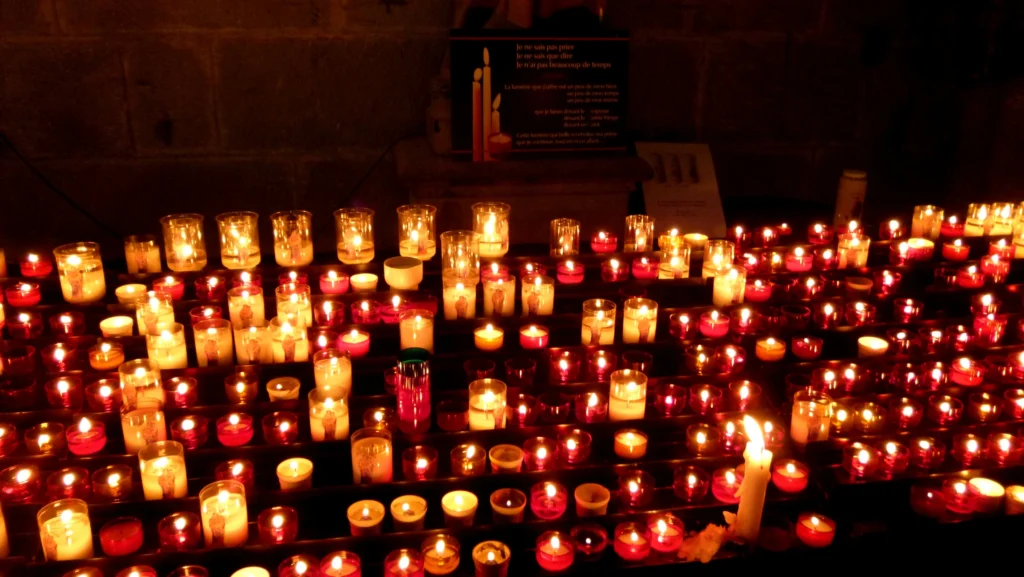GUIDE: Planera och maximera din semester med hjälp av röda dagar 2025
| Month | Working days | Working hours | Sat & Sun. | Others |
|---|---|---|---|---|
| January | 22 | 176 | 8 | 1 |
| February | 20 | 160 | 8 | 0 |
| March | 21 | 168 | 10 | 0 |
| April | 20 | 160 | 8 | 2 |
| May | 20 | 160 | 9 | 2 |
| June | 18 | 144 | 9 | 3 |
| July | 23 | 184 | 8 | 0 |
| August | 21 | 168 | 10 | 0 |
| September | 22 | 176 | 8 | 0 |
| October | 23 | 184 | 8 | 0 |
| November | 20 | 160 | 10 | 0 |
| December | 21 | 168 | 8 | 2 |
| Total annual working hours | 251 | 2008 | 104 | 12 |
| Average / Month | 21 | 167 | 8.67 | 0.83 |
New Year's Day and Thirteenth Day of Christmas

New Year's Day and Thirteenth Day of Christmas
That four New Year's Day and the thirteenth day is a matter of course for very many people. But its cultural and historical origins are not always completely obvious. Although they have origins that do not necessarily have to do with each other, they form a basic framework in how we both end and meet the new year.
We have taken a closer look at the thirteenth day of Christmas and New Year's Day.
Epiphany
The thirteenth day of Christmas got its name because it takes place on the thirteenth day after Christmas. Thus, it usually occurs on January 6th. In addition to being one of the church's most important festivals, it is also a holiday in many countries. The day intends to celebrate the day when it was revealed that Jesus was the Son of God.
How is the thirteenth day of Christmas celebrated?
-
In Sweden, the day often goes unnoticed. But many other countries have a position that corresponds to our Christmas Eve, with gifts and socializing.
-
Many in Sweden have recently chosen to celebrate the day with good food.
Although the thirteenth day often takes place without special celebration, it is an important Christian holiday that is part of our common cultural heritage.
New Year's Day
New Year's Day is the day to mark the definitive start of a new year. It takes place on January 1 and is thus the first calendar day of the year. It is a holiday in most countries around the world and has paradoxically been given the status of being the day to clean up the mess from the New Year celebrations.
What is unique about New Year's Day is that it is a result of pre-Christian traditions combined with Roman and Christian elements. Therefore, it is a holiday that in a way has no really concrete common thread. But despite this, it continues to be a holiday that consists of both cleaning and a rapture that a new year has begun.
All Saints Day

All Saints Day
All Saints' Day is a very multifaceted holiday whose history is in a way hidden in obscurity. But as a Christian tradition, it has proven to be unusually multifaceted and vibrant. This has made it celebrated in many different ways depending on where you are in the world.
We have looked at All Saints' Day and seen what sets it apart.
A common but misunderstood day
The origin of All Saints' Day is typically considered to be the ecclesiastical ambition to draw the attention of saints and martyrs to their sacrifices. All Saints' Day is a Christian holiday that celebrates the lives of all saints. Exactly when it is celebrated varies between different places in the world, but it typically takes place on November 1 or sometime between October 31 and November 6.
But what exactly is a saint? A saint is a person who has been recognized by the Church as having attained a very high level of holiness and virtue.
Over time, however, All Saints' Day has become more of a general attention of the people who have left earthly life. Whether it's about saints or our own loved ones. Therefore, the contemporary celebration of All Saints' Day is very closely linked to cemetery visits. Lighting candles and visiting graves is considerably more common than actually spending time in church.
In many places, the day is probably more associated with Halloween, even though they are not really connected other than that they occur one after the other. This is typically considered to be the result of a linguistic interconnection.
All Saints' Day continues to be a popular holiday, but is celebrated in many different ways. In our own time, it has probably in many ways faced great competition from Halloween, even though these two phenomena have completely different origins.
